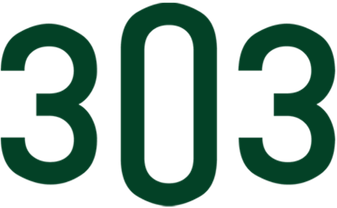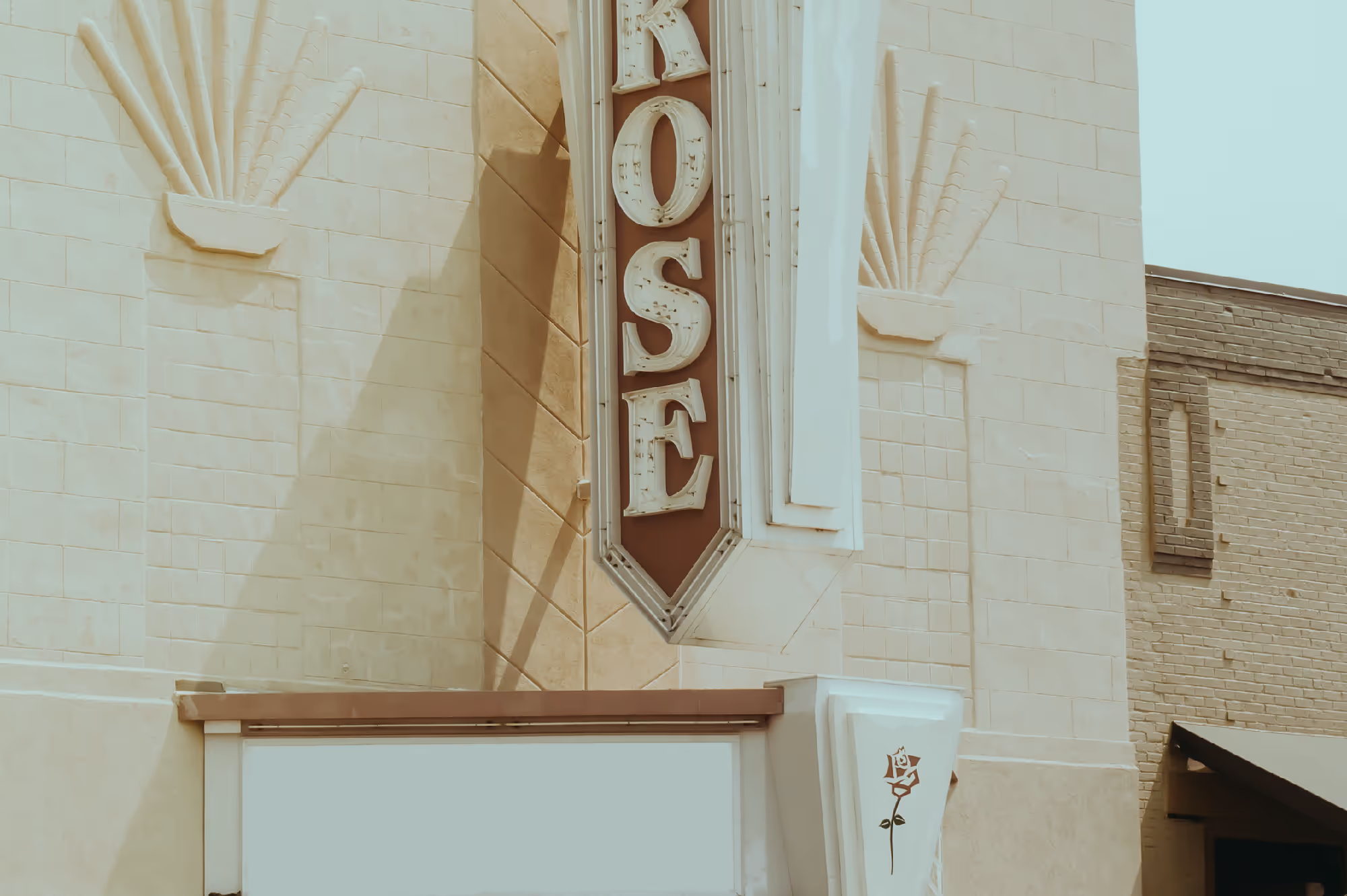Facebook Ad Costs Explained: What Luxury Brands Need to Know
Apart from being one of the most popular social media sites in the world, Facebook has also become the go-to advertising platform for many businesses. That’s because the platform’s advertising reach is almost unparalleled.

The social network boasts over 2.9 billion monthly active users, and its ads reach 34.1% of the world’s population over the age of 13.
In the UK, this figure is even higher, where the potential local advertising audience is an impressive 60.5% of the nation’s teen and adult population. For marketers and business owners alike, these numbers are nothing short of astounding. Equally, the platform has developed Ads Manager, a unique tool that allows advertisers to create, manage, and measure their campaigns with efficiency.
However, all this comes at a cost. After all, the social network is a business, and its goal is to generate revenue and it does this through advertising. For luxury brands, working with a Luxury Performance Marketing agency can ensure these costs are managed strategically while maintaining exclusivity and brand prestige.
In this article, we’ll walk you through how Facebook ad costs are calculated, as well as how you can lower your costs to make the most out of your digital marketing efforts.
Will Facebook Ad Costs Increase in 2022?
This is a common question among advertisers, and the answer is yes. From the moment Facebook entered the advertising space, it has worked to improve its products. As a result, ad costs have steadily increased over the years.
Cost-per-click (CPC) and cost-per-impression (CPM) rates fluctuate throughout the year, with the tendency to be lower during the first quarter. However, AdEspresso reported that in 2021 the average CPC was between £0.76 – £1.06, and CPM was £10.77 per 1,000 impressions. These numbers are 13% higher than in 2020 and are expected to rise again in 2022.
This trend is clear when we look at Facebook’s total revenue. In 2012, the company earned around $5 billion. By 2021, that figure had skyrocketed to $117 billion, with 98.2% of that revenue attributed to advertising spend. For luxury brands, this reinforces the importance of strategic planning and partnering with a Luxury Performance Marketing agency that understands both ROI and brand positioning.
What Factors Determine Facebook Ad Costs?
The secret to Facebook’s ad pricing lies in its deep understanding of user behaviour. The platform uses a dynamic bidding system and sophisticated algorithms to determine which ads are shown. Here are the five key factors:
- Your bid
Facebook Ads run on an auction system. Advertisers set a daily budget and bid for ad space, but it’s not just the highest bidder who wins — relevance and audience fit also matter. - Your target audience
The more desirable your target audience, the higher the competition and cost. Niche targeting — such as affluent demographics and interest-based segments — can raise costs but ensures quality reach, making it essential for premium brands. - Your relevance score
Facebook assigns a relevance score from 1–10 to each ad. The higher the score, the lower the cost, as Facebook prioritises relevant and engaging content. For luxury campaigns, this means elegant, creative messaging tailored to audience expectations. - Estimated action rate
This is the likelihood that users will take action after seeing your ad (click, sign-up, purchase). Ads optimised for conversions tend to cost less in the long run. - Ad placement
From News Feed to right-hand column to mobile, placement affects performance and cost. Mobile placements often perform strongly, but the choice depends on your audience and objectives.
How to Reduce CPC and CPM Costs
If your brand relies on Facebook for new customers, you can’t afford to let competitors dominate key ad spots. At the same time, you don’t want to overspend on underperforming ads. Here are some proven strategies to optimise spend:
- Choose the right campaign objective
Different objectives come with different costs. Awareness campaigns tend to be more expensive than conversion campaigns. Align your goals with your spend to maximise ROI. - Narrow your audience
Luxury brands benefit from precision. Use detailed interest, demographic, and behavioural targeting to ensure your ads reach the right people. - Run retargeting campaigns
Remarketing with the Facebook Pixel helps you reconnect with visitors who have already shown interest, increasing conversions at a lower cost. - Improve your relevance score
Craft ad creatives and messaging tailored to your target audience’s needs and lifestyle. For luxury campaigns, this means aspirational visuals and premium copy. - A/B test ad placements
Experiment with placements (News Feed, right-hand column, Stories) to see what delivers the highest ROI for your brand. - Optimise for conversions
Clear CTAs and multiple creative variations will help increase conversions and keep costs efficient. - Work with experts
Managing Facebook Ads is time-intensive and complex. Partnering with a Luxury Performance Marketing agency ensures your campaigns are optimised for both cost-efficiency and premium brand positioning.
Final Thoughts
Facebook remains a powerful advertising tool for reaching global audiences — including the affluent, digitally engaged consumers luxury brands want to connect with. Costs are rising, but with smart bidding, relevance-focused creative, and precise targeting, brands can protect ROI while scaling effectively.
For high-end labels, the real key is balancing performance with prestige. By working with a Luxury Performance Marketing agency, luxury brands can achieve measurable growth while maintaining exclusivity and brand integrity.

.avif)



